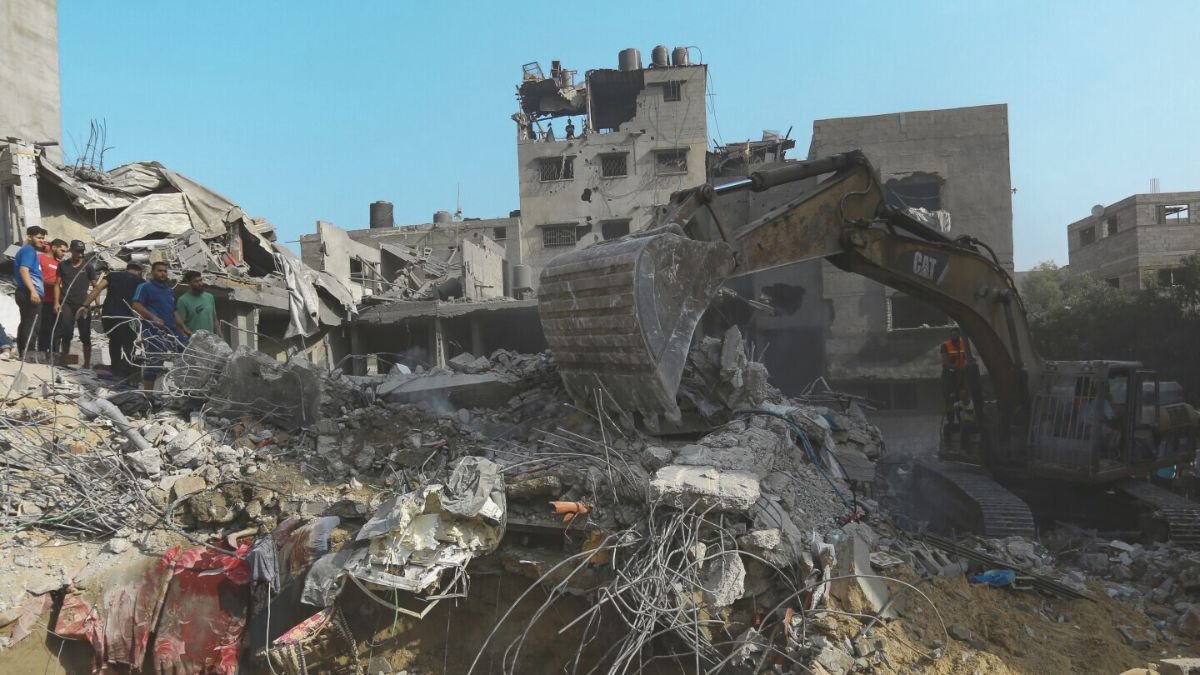Fear of Flying: Over Half of Israelis Worry About International Travel Amid Gaza War Backlash
A new survey reveals widespread anxiety among citizens over global criticism, as domestic protests against the war gain momentum in Tel Aviv.

A recent and revealing survey in Israel has brought to light a growing unease among its citizens, reflecting the far-reaching consequences of the ongoing Gaza war. According to the poll, published by Israel’s Channel 12, a significant 56% of Israelis fear that they may be unable to travel abroad due to the negative international reaction and widespread criticism of their country’s military actions.
This sentiment underscores the profound impact of the Israel-Hamas conflict and regional tensions on the nation’s global standing and the personal lives of its people.
Key Findings from the Survey
The survey paints a clear picture of a nation concerned about its place in the world:
Widespread Travel Anxiety: The majority, 56% of respondents, expressed a direct fear of traveling overseas. They believe that rising anti-Israel sentiment in many countries could disrupt or prevent their travel plans.
A Resolute Minority: In contrast, 40% of Israelis stated they have no such concerns. This group remains unfazed by international criticism and does not intend to let it influence their decision to travel.
The Shadow of BDS: The fear is further fueled by the Boycott, Divestment, and Sanctions (BDS) movement, an international campaign promoting various forms of boycotts against Israel. Many Israelis worry this movement could directly limit their ability to travel and engage globally.
The Global Context Behind the Concern
The anxiety captured in the survey is not unfounded. Israel’s military operations in Gaza have triggered sharp reactions across the globe. Key international developments have contributed to this climate of concern:
United Nations Resolutions: A majority of countries in the United Nations General Assembly (UNGA) voted in favour of an immediate ceasefire in Gaza. While some nations like India abstained, the overwhelming support for the resolution highlighted Israel’s diplomatic isolation on the issue.
Condemnation of Regional Strikes: Israel has also faced condemnation from numerous countries for its military strikes in Iran and Syria, further straining international relations.
These events have tangibly affected Israel’s image, and its citizens are feeling the repercussions. Many fear that countries may tighten visa regulations or even deny entry to Israeli passport holders. Beyond the practical concerns of travel, the survey suggests a deeper anxiety about identity and acceptance on the global stage. Israelis are not just worried about physical restrictions but also about how they are perceived as individuals in a world critical of their government’s actions.
Dissent at Home: Protests Erupt in Tel Aviv
While many Israelis worry about external perceptions, a growing number are also voicing their dissent internally. On Thursday night, approximately 1,000 people gathered at Tel Aviv’s Habima Square to demand an end to the war in Gaza.
The protest, organized by a coalition of Israeli-Palestinian peace activists and human rights organizations, featured powerful calls to action. Speakers urged soldiers to refuse to serve in Gaza, a significant challenge to the state’s military policy.
During the demonstration, actor Yossi Zabari accused Israel of committing genocide in Gaza, stating poignantly, “This word (genocide) scares us more than the act itself.”
Adding to the pressure, two former Israeli Air Force pilots, Maj. (res.) Hagai Tamir and Lt. Col. (res.) David Yisraeli, appealed to active pilots to refuse orders that could constitute war crimes. “Refuse to commit war crimes. Do not ignore the consequences of your actions,” they urged.
This protest is a clear sign of growing internal discontent. Many participants directed their criticism at Prime Minister Benjamin Netanyahu’s government, accusing it of prolonging the war for political reasons. They also blamed Israel’s blockade of Gaza for causing the severe hunger and humanitarian crisis unfolding in the territory. The convergence of external criticism and internal dissent points to a nation at a critical crossroads.






